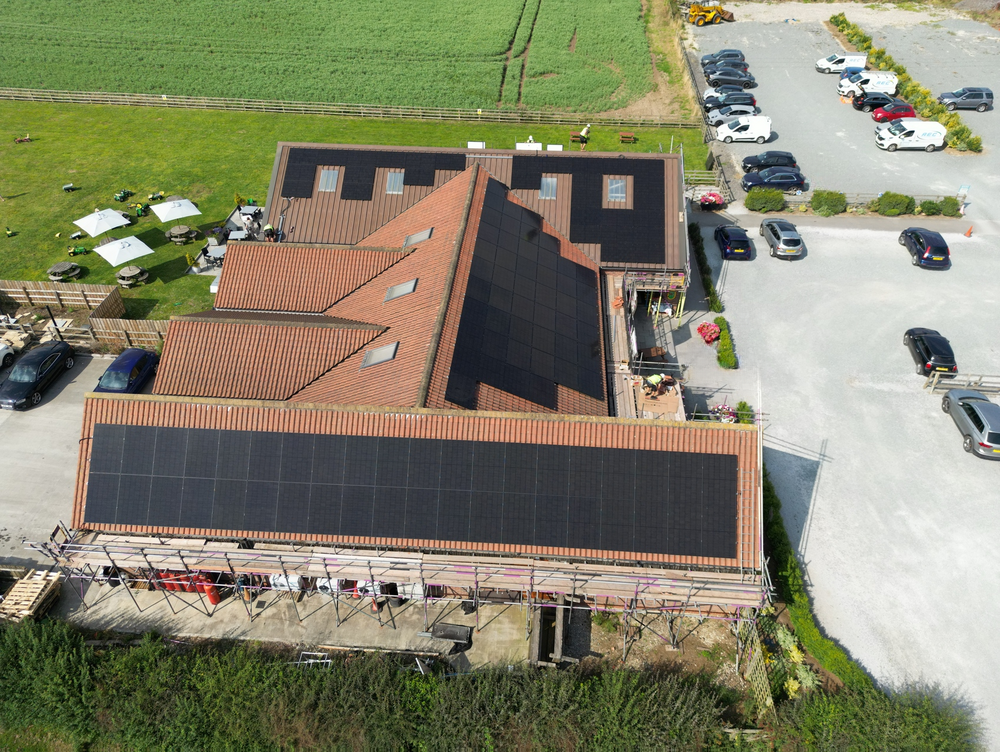PAS2060: A Guide to Carbon Neutrality
PAS2060 is a British Standard that outlines the principles, requirements, and guidance on how to achieve carbon neutrality. The standard was developed by the British Standards Institution (BSI) in response to the growing concern over the impact of businesses and organizations on the environment.
Carbon neutrality, also known as net-zero emissions, is the concept of balancing the amount of carbon emissions produced with an equivalent amount of carbon removal or reduction. The goal is to achieve a net-zero carbon footprint, where the amount of carbon emissions released into the atmosphere is essentially zero.

Setting a baseline:
Organizations must establish a baseline of their current carbon emissions. This is done by calculating the amount of greenhouse gas emissions produced by their operations, including transportation, energy use, and waste disposal.
Reduction targets:
Organizations must set reduction targets based on their baseline emissions. The targets must be measurable, achievable, and time-bound.
Offset strategies:
Organizations must develop an offset strategy to achieve carbon neutrality. This includes investing in renewable energy projects, supporting reforestation efforts, and other activities that reduce or remove carbon emissions from the atmosphere.
Third-party verification:
Organizations must have their carbon neutrality claims verified by an independent third-party auditor to ensure that they have met the requirements of the PAS2060 standard.

Achieving carbon neutrality is a challenging task, but it is essential for businesses and organizations to take responsibility for their impact on the environment. The PAS2060 standard provides a clear roadmap for achieving carbon neutrality and is recognized internationally as a credible standard for carbon neutrality.
Many companies have already adopted the PAS2060 standard, including major corporations such as Microsoft and Unilever. By achieving carbon neutrality, these companies are demonstrating their commitment to reducing their environmental impact and contributing to global efforts to combat climate change.
In conclusion, the PAS2060 standard is a valuable tool for organizations looking to achieve carbon neutrality. By following the standard’s requirements and guidance, businesses can reduce their carbon emissions and offset their remaining emissions to achieve a net-zero carbon footprint. This is an important step for organizations in addressing their impact on the environment and contributing to the global effort to combat climate change.
At the end of 2025, PAS2060 will be retired and superseded by a new verifiable internationals ISO standard Iso 14068-1. As a PAS2060 application requires at least one year of supporting data, it should cease to be considered from 1 year in advance of retirement i.e. December 2024.
ISO 14068-1, on the other hand, is a newer standard that builds upon the foundation laid by PAS2060. It offers a more comprehensive approach to managing greenhouse gas emissions, including broader scopes of emission categories and a stronger focus on long-term sustainability goals. This standard is designed to align with international climate commitments and provides a robust structure for organizations to integrate climate action into their core business strategies.


The transition from PAS2060 to ISO 14068-1 presents organizations with an opportunity to enhance their sustainability credentials. ISO 14068-1’s holistic approach not only addresses immediate carbon neutrality but also encourages ongoing improvement and innovation in environmental performance. By adopting ISO 14068-1, organizations can demonstrate a deeper commitment to sustainability, which can lead to improved stakeholder trust, potential cost savings from increased efficiency, and alignment with global sustainability trends.
In summary, while PAS2060 offers a solid starting point for carbon neutrality, ISO 14068-1 paves the way for integrated and strategic climate action. Organizations that embrace this evolution will find themselves at the forefront of sustainable business practices.